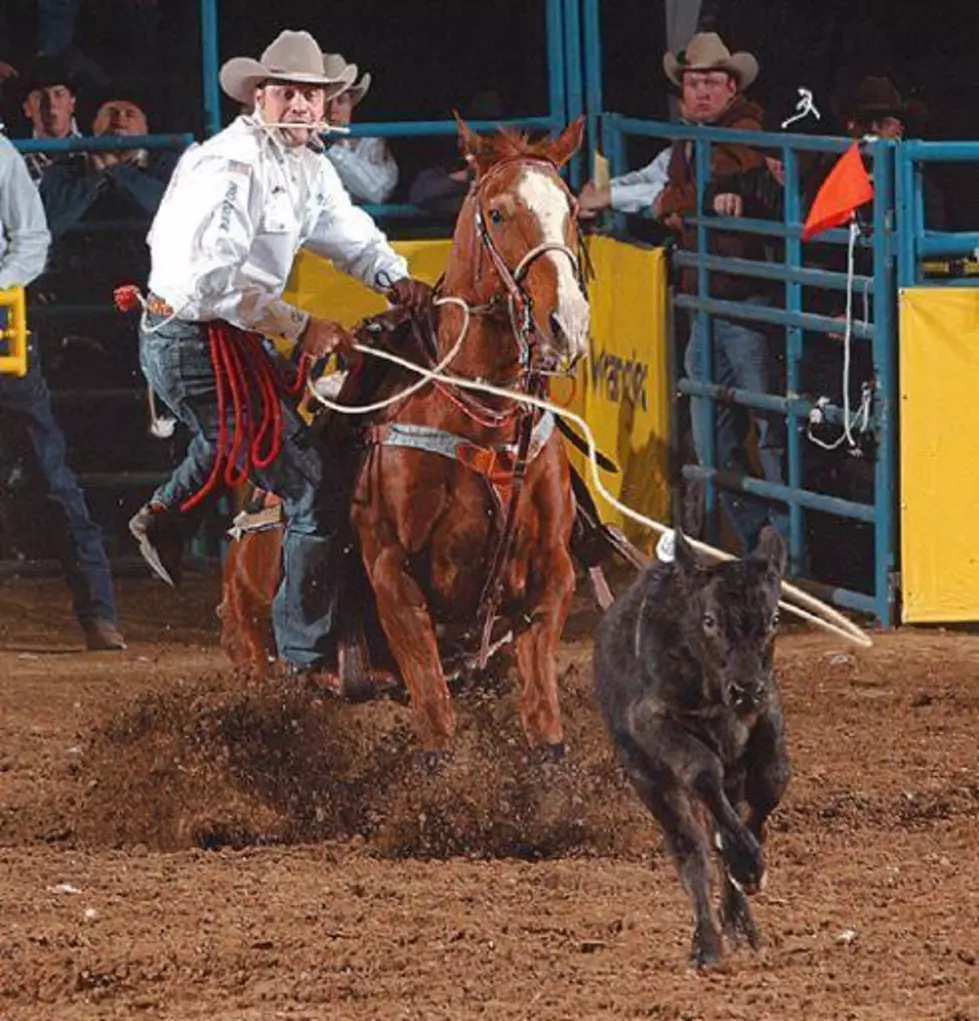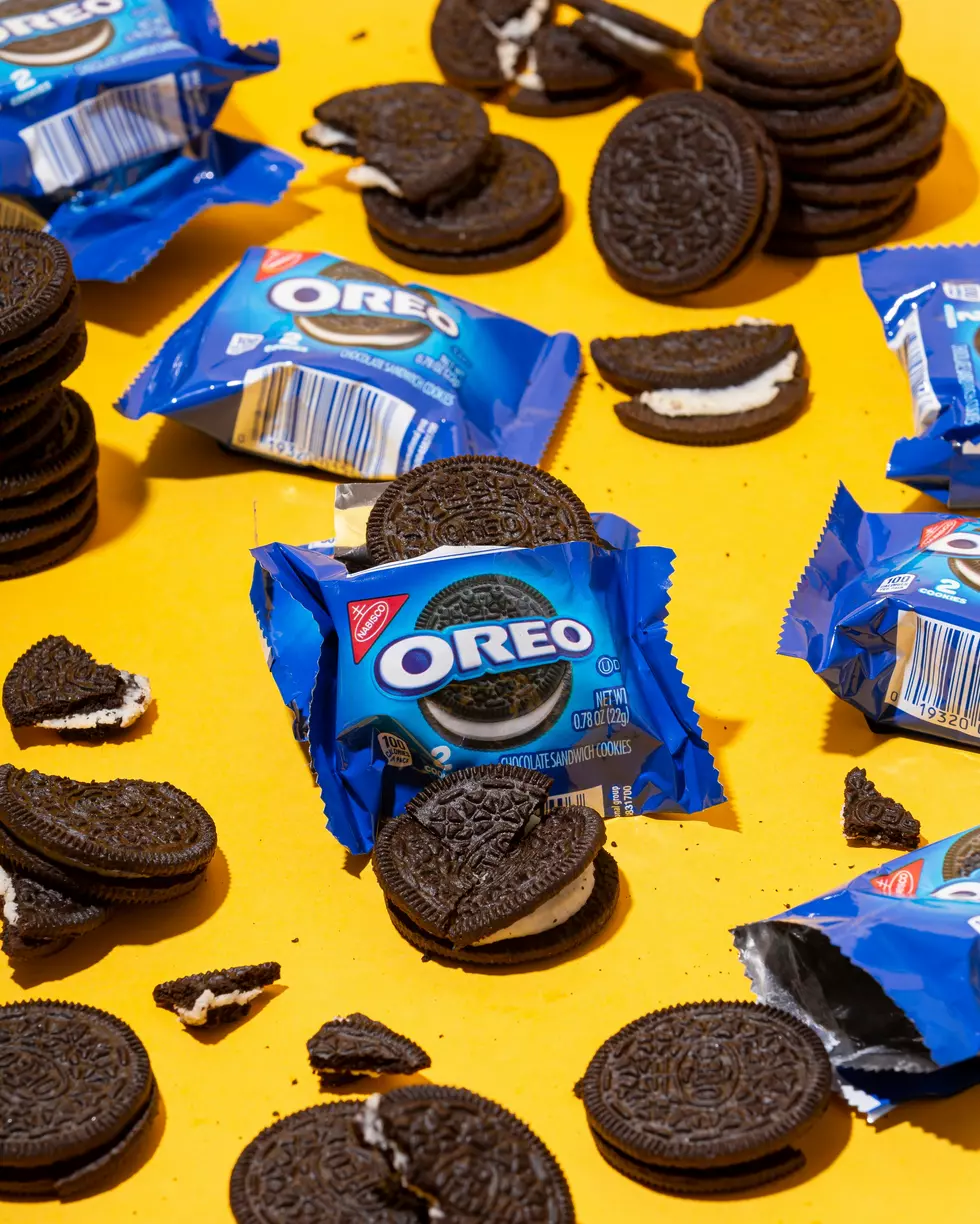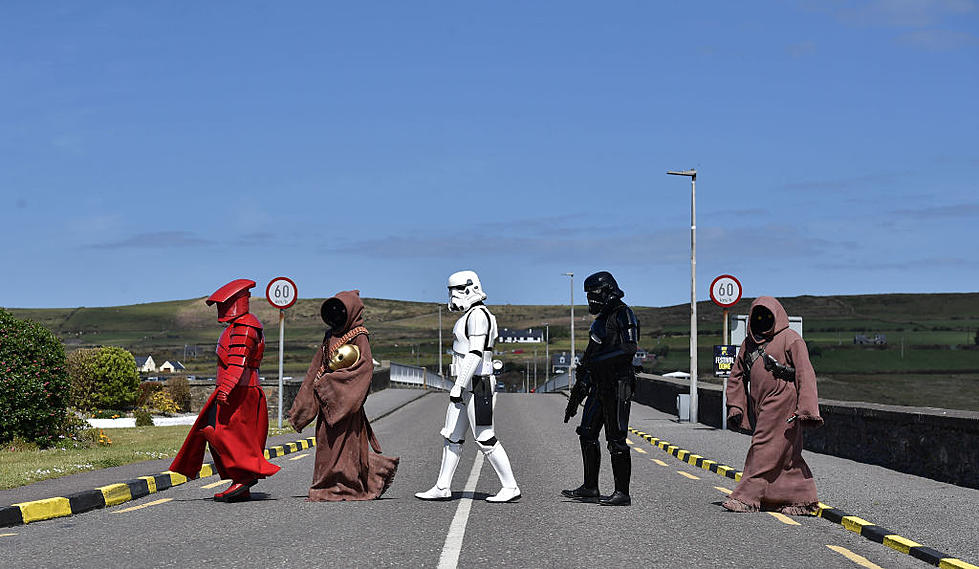
Amarillo Welcomes Cloned Horse Little Topper
Horse cloning has been around since 2013 and recently Little Topper was born at Timbercreek Veterinary Clinic. The horse was cloned from the original Topper who was a renowned rodeo calf roping horses. Topper pictured was killed by a truck on Highway 287 in Childress at the age of 25.
STS Ranchwear announced Little Topper was recently born, and said he is healthy, happy and just like the former rodeo horse. Toppers Veterinarian asked the owner years before the accident for tissue samples in case they ever wanted to clone him in the future.
From the beginning, cloning has been used as a tool to preserve bloodlines from champion horses in case they died unexpectedly, or from those gelded early in their careers, before their value could be known. But while some want the lineage, they may not attach it to the cloned horse.
There is some controversy surrounding cloned horses competing in competitions from many organizations.
While cloning is prohibited by major sport and breeding organizations such as the Jockey Club, the Olympic governing body has allowed the participation of cloned horses in competitions. Assisted breeding methods such as artificial insemination, surrogacy and embryo transfer are already common. Interestingly cloning has become pretty popular in the entertainment industry.
Rapper and Hip Hop artist 2 Chainz had a Bengal cat cloned for $25,000, so if you have the money you can pretty much expect to dish out up to a million dollars for the clone of your choice. For cats and dogs the procedure usually costs from $20,000 to $50,000. The procedure is as follows:
DNA is extracted from the pet to be cloned, generally through a biopsy of tissue. This tissue is cryogenically preserved.
“Surrogate” animals create fertilized eggs.
The DNA is then erased from those eggs, and the pet’s preserved DNA is inserted.
Those altered eggs are then implanted back into surrogate animals, which may or may not get pregnant and carry them to term.
More From KISS FM 96.9









